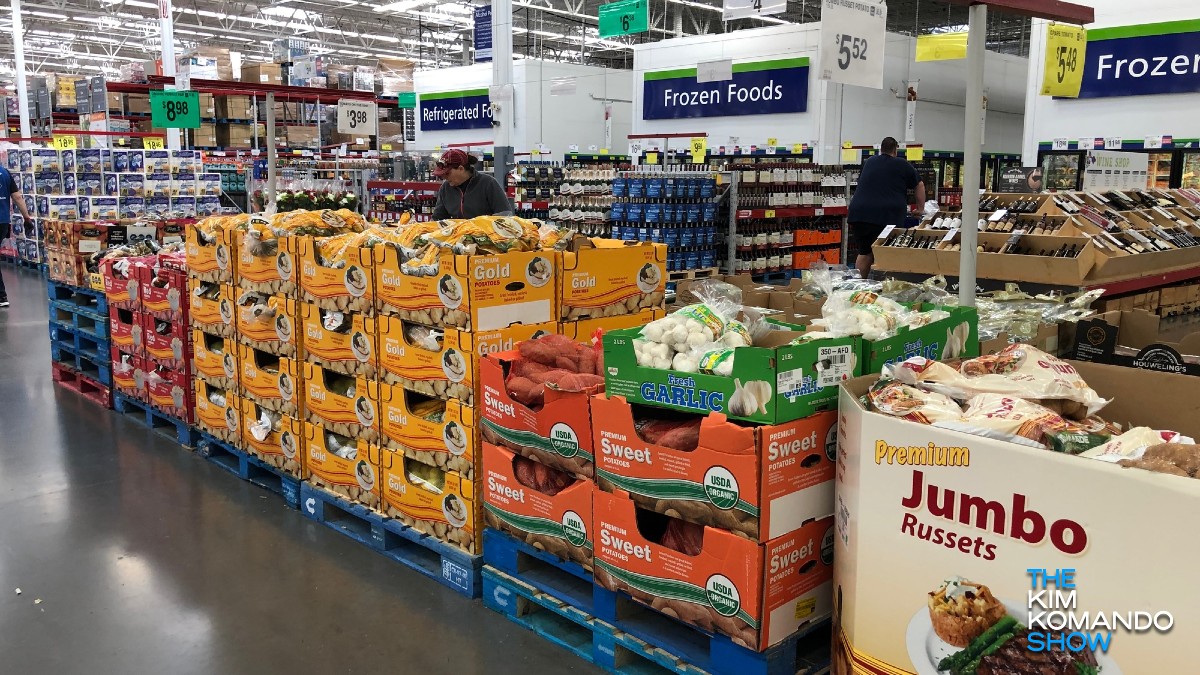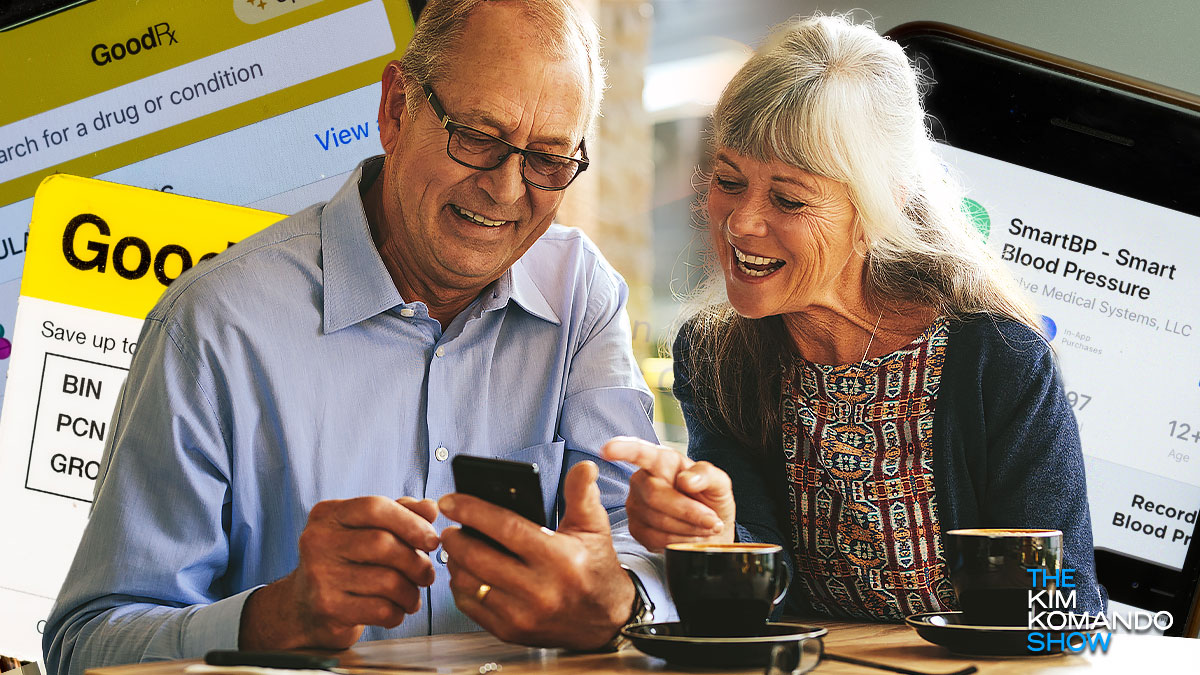“Drop 10 pounds before Thanksgiving!” That’s all over my social media feeds because I was a dope and clicked on a video of a gal showing off her svelte new figure.
Ads for Ozempic and other weight loss meds are everywhere. The weight loss drug biz is a $100 billion industry. I know a bunch of people who have taken Ozempic, Wegovy, Rybelsus or one of the other options, and I bet you do, too.
Some folks shy away from going to the doctor for these prescription drugs, and I get that — it can be a hassle, embarrassing or just too expensive. No wonder nonprescription options are popular, too. Before you jump on the latest health trend, let me break it down and arm you with the facts.
Let’s talk numbers
Where there’s money, there are scammers. Cybersecurity firm BrandShield recently shut down 250 sites selling dangerous and sometimes deadly Ozempic counterfeits.
Online pharmacies sell weight loss drugs labeled as GLP-1 or compounded semaglutide for a couple of hundred bucks a month. These contain the same active ingredient as the prescription drugs.
The difference is they’re not regulated by the FDA for safety, effectiveness or quality. Taking one could be totally fine … or you might end up taking meds from a compounding facility that cuts corners.
Don’t fall for marketing gimmicks
Take Kourtney Kardashian’s Lemme brand. They sell a $90 GLP-1 Daily supplement they claim stops your cravings. It’s made of fruit extracts and saffron and probably costs about 8 cents a pill to manufacture. Spoiler: It doesn’t work.
All over TikTok, influencers are showing off #inspiring health journeys while earning up to $30,000 a month with sponsored posts. They’re cashing in to get you to buy these trendy drugs, and I bet some haven’t tried them.
Their other tricks aren’t medications at all but attempts to get views. “Oatzempic,” trending all over the internet, is an oatmeal and lime smoothie (ew) influencers claim will shave off 20 pounds a month. Uh-huh.
Get the skinny
Continue reading →





